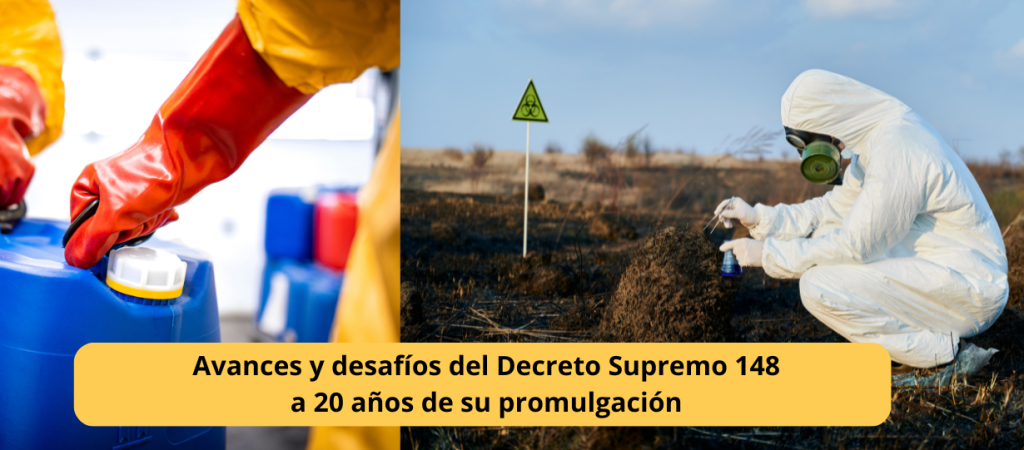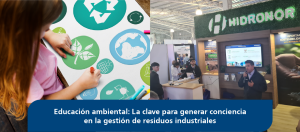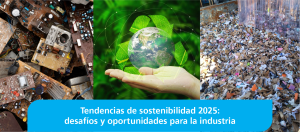
Although many industries do not respect regulations on hazardous waste management, these bad practices have decreased considerably.
In June 2024, two decades will have passed since Supreme Decree 148 of the Ministry of Health, which established the minimum health and safety conditions for the management of hazardous waste (Respel), that is, for its “generation, possession, storage, transportation, treatment, reuse, recycling, final disposal and other forms of disposal.”
In this regard, Juan Andrés Salamanca, our commercial manager, states that "currently there is greater awareness on the part of the generating companies about the responsibility that corresponds to them regarding this issue." However, he also believes that the regulations must improve.
Challenges of DS 148
Our executive maintains that the current version of this decree does not contemplate the temporary waste storage delivered as a service, where different generators consolidate loads and are sent to disposal sites, “something very necessary when the generation points are very distant from the disposal areas,” he says.
Salamanca estimates that the public policies that have been designed recently tend towards valuing waste as a form of prior management rather than elimination itself. “The REP Law already enacted promotes this, so DS148 should be updated precisely in the terms that the REP Law establishes,” adds the executive.
At Hidronor, although we are recognized for giving a sanitary and environmental solution to waste generated by other companies, through the treatment and subsequent final disposal of these, in the same way we have developed innovation projects aimed at the recoverable fraction in line with the policies launched in recent years.
We continue to contribute to the environmental sustainability of the country!







